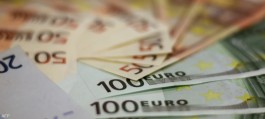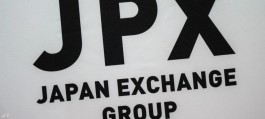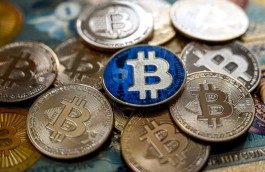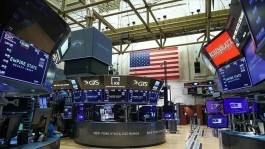Asian stocks were mixed ahead of the Federal Reserve's latest decision of the year, with the latest US inflation data tempering expectations of deep interest rate cuts next year.
Stocks opened lower in Hong Kong and mainland China, signaling investor disappointment at the lack of stronger economic support measures at a key leadership meeting. China's annual economic work conference this week prioritized industrial policy and signaled a lack of appetite for widespread stimulus.
Stock indices also fell in South Korea, but rose in Australia and Japan. US stock futures rose slightly after the S&P 500 index hit its highest level since January 2022 yesterday, Tuesday. Wall Street's fear gauge (VIX) fell toward its lowest level in four years.
Markets continue to bet that Fed officials will hold interest rates on Wednesday, but the latest economic figures raise doubts about the Fed's hawkish approach. Traders have trimmed their bets slightly on interest rate cuts in 2024, with the first cut expected to occur in May. The data also sparked speculation that Chairman Jerome Powell will try to dampen market enthusiasm for easing monetary policy.
The dollar and Treasury bonds stabilized in Asian trading, with yields on two-year bonds remaining above 4.7%. Long-term Treasury bonds rose yesterday, Tuesday, after strong demand for the sale of 30-year bonds worth $21 billion.
Signs from Powell
In the wake of the Fed's latest decision, Powell reminded investors that progress in combating inflation will be difficult and uneven.
The fact that Tuesday's CPI was roughly in line with estimates - rising slightly - highlighted the volatile nature of getting the overall index back to the 2% target - especially in the services sector, which the Fed has labeled as the final step in its inflation battle.
“I don’t think the Fed will be quick to cut interest rates anytime soon,” Nancy Dowd, a private wealth advisor at Ameriprise Financial, told Bloomberg TV. She added: The risk is so great that we cannot return to where we were in the 1970s, if that happens. They will stay on track to achieve their goal.
With the Fed widely expected to keep its target interest rate range steady for the third straight meeting at 5.25% to 5.5%, traders will carefully examine any signals from Powell on the policy path and update the central bank's quarterly forecasts.
Argentina devalued the peso by 54% after closing local markets, on Tuesday, and announced a set of spending cuts, in the first steps of the shock therapy program launched by President Javier Miley to revive the country's troubled economy. The country's central bank now aims to devalue the currency by 2% per month.
Signs of easing inflation helped push the US bond market last month to its biggest gains since the mid-1980s, with yields falling sharply on speculation that the Federal Reserve will cut its benchmark interest rate by more than a full percentage point in 2024.
US Treasury Secretary Janet Yellen said yesterday that she does not believe the final step in returning inflation to the Federal Reserve's 2% target will be particularly difficult.
The way the Fed lays out its forecasts for interest rate policy ending next year and 2025 through a dot plot could contribute to some market uncertainty that has exceeded the central bank's current expectations.
Oil extended losses after falling to a five-month low on Tuesday as signs of strong supplies accumulated. Gold stabilized as investors awaited the Federal Reserve's interest rate decision.





































